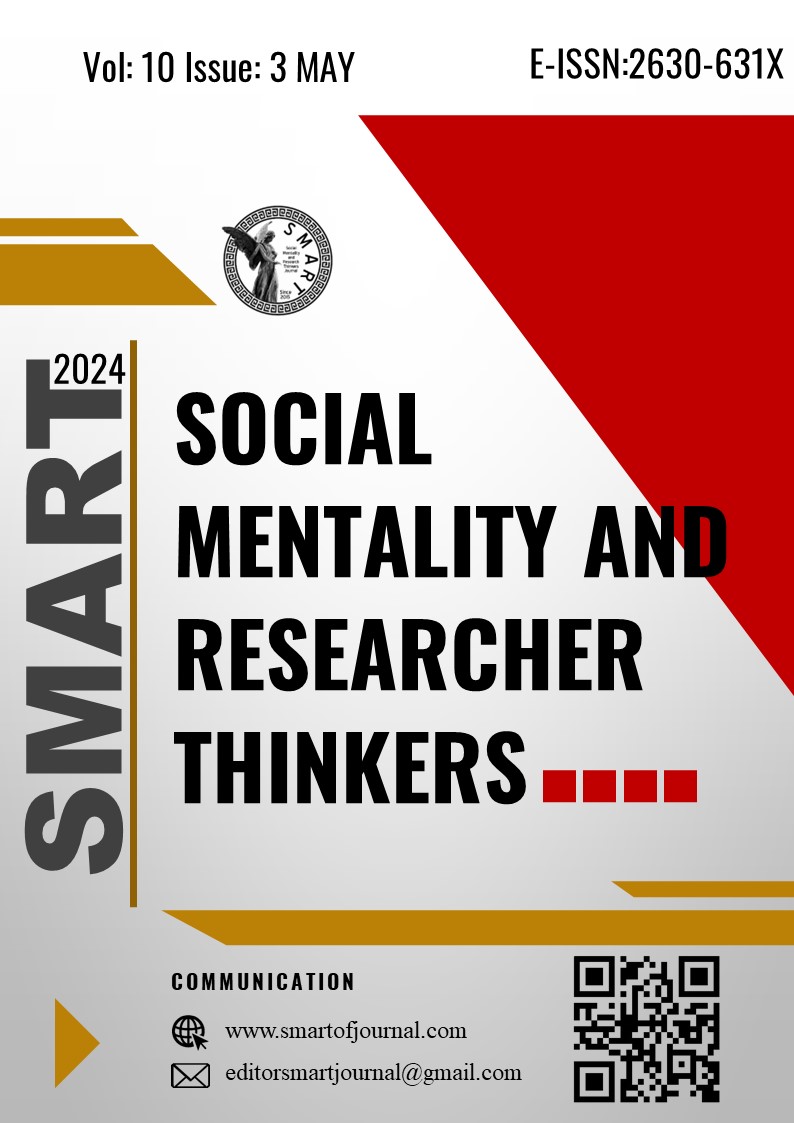Author :
Abstract
İnsanlığın başlangıcı ile ortaya çıkmış olan göç olgusunun bireysel, ailesel, çevresel, iklimsel, ekonomik, siyasi ve sosyal sebepleri bulunmaktadır. Bu sebepler ve etki düzeyleri çalışma alanlarına göre çoğaltılabilir. Bu yönde de özellikle sanayi devrimi sonrası çalışmalar yapılmıştır. Bu çalışma ile “insan” varlığı ile gerçekleşen göçler ile göçü anlamaya yönelik kuramlar analitik bir bakış açısıyla sunulması amaçlanmıştır. Amaca yönelik olarak teoriler tablo halinde sunulmuş, tarihsel ve niteliksel olarak erken dönem, ekonomik temelli, tarihsel-yapısalcı ve sosyokültürel başlıkları altında sunulmuştur. Öznesi insan olan göçün tanımı, sebebi, özellikleri ve etkisine yönelik genel-geçer tek bir kuramdan bahsetmek mümkün değildir. Değişkenliğin içerisinde başrolde bulunan insanın doğasını ve hareketlerini anlamaya yönelik çalışmaların kapsam ve çeşitliliğinin artması ile kabul edilirliği yüksek ve eleştiriden mümkün olduğunca uzak teorilerin oluşturulabileceği düşünülmektedir.
Keywords
Abstract
The phenomenon of migration, which emerged with the beginning of humanity, has individual, familial, environmental, climatic, economic, political and social reasons. These reasons and their impact levels can be multiplied according to the fields of study. Studies have been conducted in this field, especially after the industrial revolution. The current study aims to present the theories aimed at understanding migration and the migration realized with the presence of "human beings" from an analytical point of view. The theories are presented in a tabular form and presented historically and qualitatively under the headings of early period, economic-based, historical-structuralist and sociocultural. It is not possible to provide a single overarching theory on the definition, cause, characteristics and impact of migration whose subject is human beings. It is believed that theories with high acceptability and as far away from criticism as possible can be created with the increase in the scope and diversity of studies aimed at understanding the nature and movements of human beings, who play the leading role in variability.





